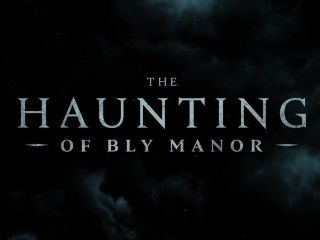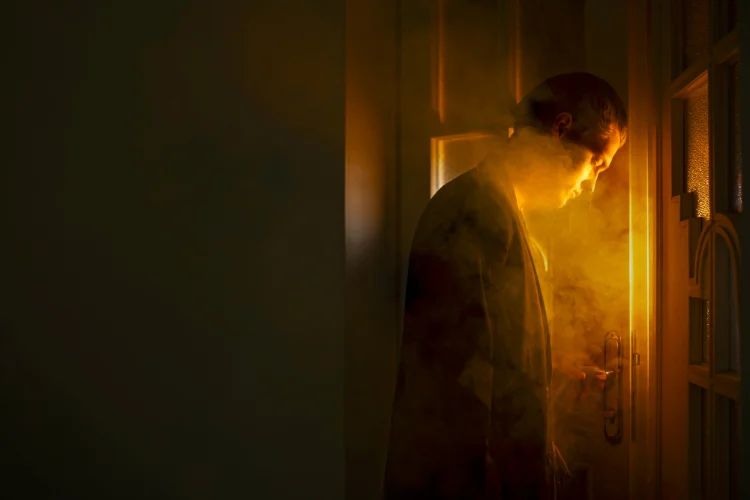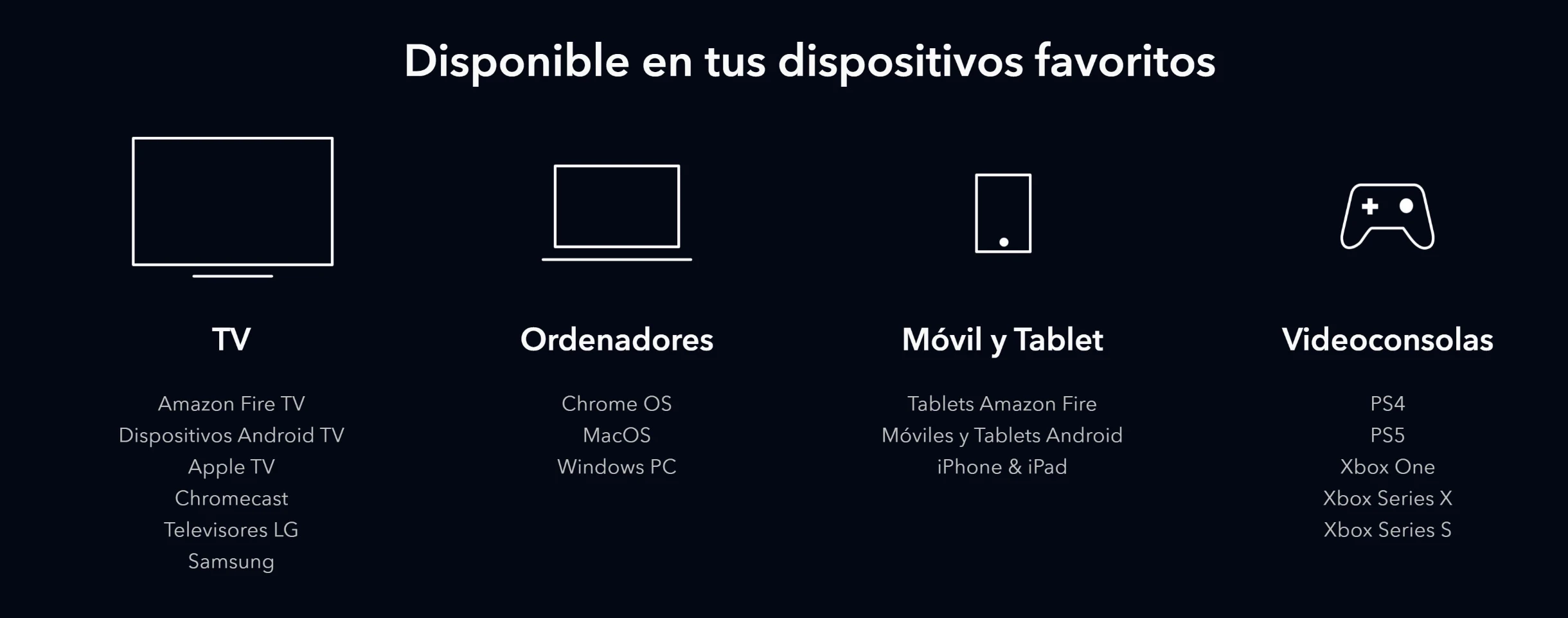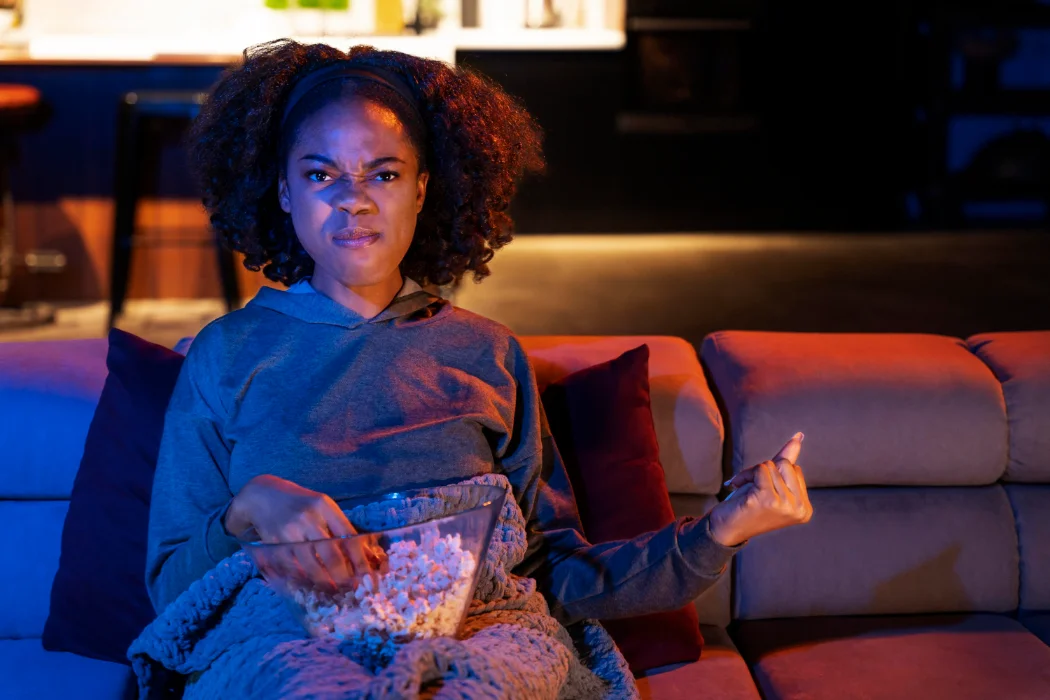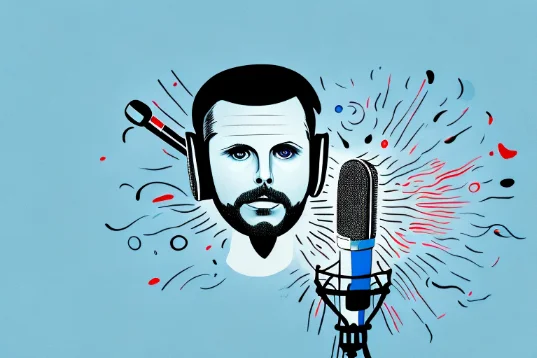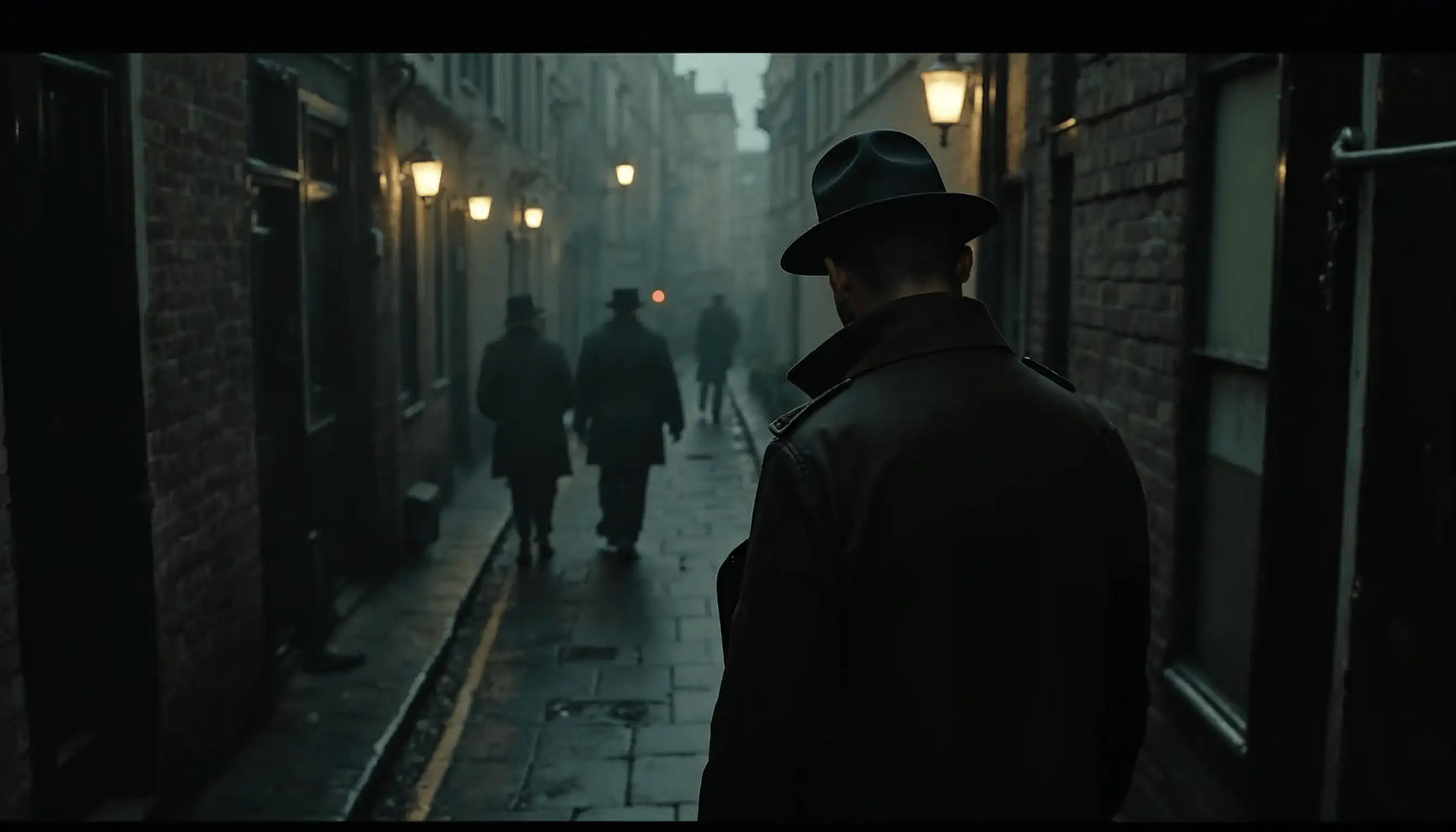The story that inspired Netflix's Adolescence
The story that inspired "Adolescence" is a testament to the complexities of teenage life in the modern world.
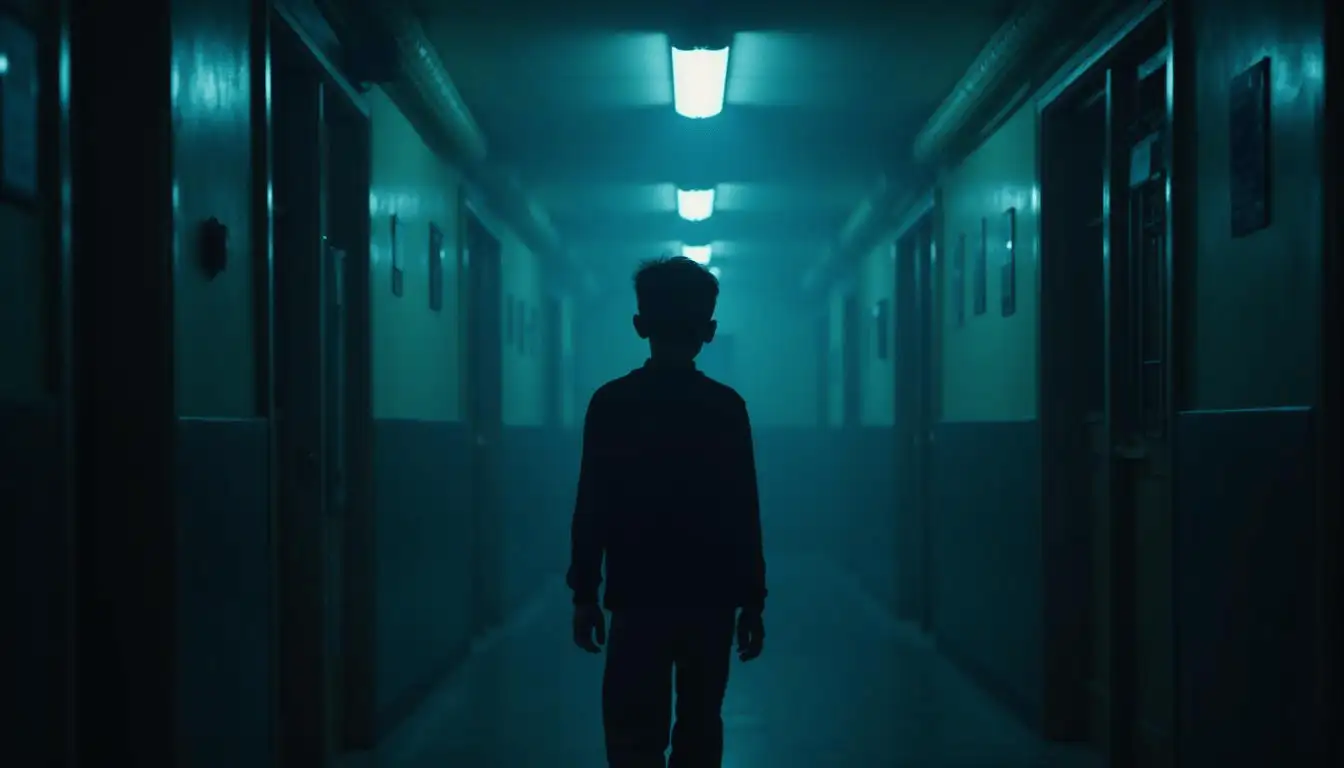
The miniseries "Adolescence" (original title "Adolescence"), produced by Netflix, has captured the attention of millions of viewers worldwide since its premiere on 13 March 2025. But what lies behind this impactful production? In this article, we will explore the story that inspired "Adolescence," analysing its origins, the themes it addresses, and how it has resonated with contemporary audiences.
Origins of the Series
The creation of "Adolescence" is based on multiple real incidents of youth violence that occurred in the United Kingdom, which profoundly impacted its creators. The series was conceived by Jack Thorne and Stephen Graham, who also directed alongside Philip Barantini, drawing inspiration from news about teenagers involved in violent crimes.
Co-creator Stephen Graham has stated in several interviews that his intention was to explore the underlying causes of current youth violence. "There was an incident where a young boy allegedly stabbed a girl. It shocked me. I thought: 'What is happening? What is happening in society where a boy stabs a girl to death?'", explained Graham. The series is set in the north of England, specifically filmed in Pontefract, West Yorkshire, which contributes to creating an oppressive and realistic atmosphere.
Revolutionary Technical Innovation
One of the most distinctive features of "Adolescence" is its filming technique: each of the four episodes is shot in a single continuous take, without camera cuts. This bold technical decision, directed by Philip Barantini, manages to convey a sense of urgency, immediacy, and tension that completely immerses the viewer in the experience.
As Barantini explained, "it's much more complicated than it seems. It takes months of preparation, weeks of rehearsals, and an incredible team of people to carry it out at every stage, from the script to the locations, through production design and the exact planning of camera movements."
Central Themes of "Adolescence"
Youth Violence and Its Causes
The central theme of "Adolescence" is youth violence, specifically the case of Jamie Miller (Owen Cooper), a 13-year-old boy arrested for the alleged murder of his classmate Katie. The series explores the multiple causes that can lead a teenager to commit such an extreme act, including bullying, low self-esteem, and the influence of toxic online communities.
Incel Culture and Online Misogyny
One of the most unsettling aspects addressed by the series is how Jamie is influenced by the "manosphere" and incel culture on the internet. The series shows how these digital spaces can radicalise vulnerable young people, promoting misogynistic ideologies that blame women for male romantic failures. The combination of adolescent vulnerability, bullying, and online radicalisation forms an explosive cocktail that the series examines unflinchingly.
Toxic Masculinity and Social Pressure
"Adolescence" skilfully explores how male teenagers deal with social pressures that push them to suppress emotions, demonstrate strength, and seek validation in toxic spaces. The series questions traditional messages about "being a man" and exposes how misunderstood masculinity can be destructive.
Family Relationships in Crisis
Family relationships also play a crucial role in "Adolescence," but from a devastating perspective. The series explores how the Miller family - Eddie (Stephen Graham), Manda, and Lisa - must face the reality that their son has committed an atrocious crime. It examines parental guilt, the question of "what did we do wrong?" and the traumatic impact on the entire family.
Impact on the Audience
Since its release, "Adolescence" has had an extraordinary impact on the global audience. The series became the most-watched streaming television programme in the UK in a single week, breaking previously established records. In its first three weeks, it garnered 96.7 million views on Netflix and ranked among the top 10 most-watched series in 93 countries.
The impact of the series is also reflected in the conversations it has generated about sensitive topics such as adolescent mental health, bullying, gender violence, and the dangers of online radicalisation. "Adolescence" has contributed to destigmatising important conversations that are often ignored in society.
Critics' Reactions
Critics have praised "Adolescence" for its brave and realistic approach to the darker challenges of today's youth. Lucy Mangan of The Guardian stated that it was "the closest to television perfection in decades," highlighting the performances and direction. The single-take technique has been particularly lauded as "the most dizzying television feat of the year."
However, the series has also faced controversies. Some sectors have attempted to discredit the production with conspiracy theories, falsely claiming that it is based on specific cases like the Southport attacks, when in fact the series began filming long before those incidents.
Social and Educational Impact
The series has had an impact that transcends entertainment. British MP Anneliese Midgley called for it to be screened in schools and Parliament to help counteract misogyny and violence. Prime Minister Keir Starmer supported the measure, writing that watching the series with his teenage children "affected him greatly."
The Future of "Adolescence"
Given the critical and audience success of the first season, Netflix and Plan B Entertainment are in discussions about a possible second season. However, since it is a self-contained story about the specific case of Jamie Miller, any continuation would likely explore different cases or perspectives.
Legacy and Lessons
"Adolescence" has established itself as an essential work for parents, educators, and teenagers. The series does not seek to blame but to raise awareness, inviting families to review their ways of communication and to build bonds where dialogue and empathy are priorities.

